
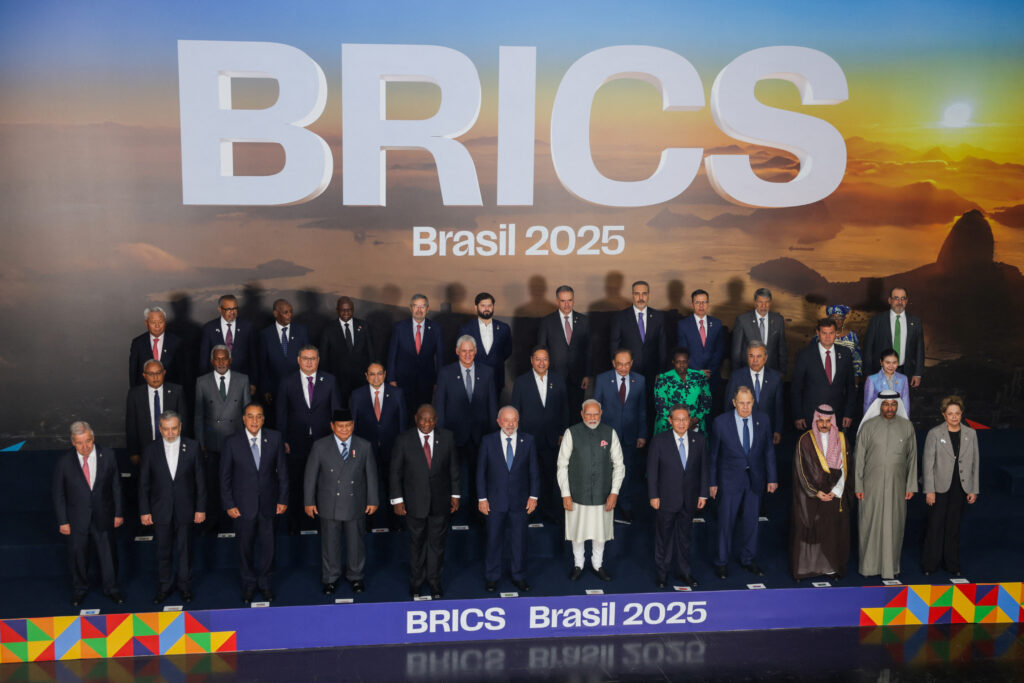
RIO DE JANEIRO (Reuters)
Developing nations participating in the BRICS summit on Monday brushed away an accusation from U.S. President Donald Trump that the bloc is “anti-American,” as he threatened them with additional 10% tariffs.
Trump’s threat on Sunday night came as the U.S. government prepared to finalize dozens of trade deals with a range of countries before his July 9 deadline for the imposition of significant “retaliatory tariffs.”
“Tariffs should not be used as a tool for coercion and pressuring,” Mao Ning, the Chinese foreign ministry spokesperson said in Beijing. The BRICS advocates for “win-win cooperation,” she added, and “does not target any country.”
South Africa, which was slapped with 30% tariffs that were later suspended pending trade talks, reaffirmed that it is “not anti-American,” trade ministry spokesman Kaamil Alli said, adding that talks with the U.S. government “remain constructive and fruitful.”
A Kremlin spokesman said Russia’s cooperation with the BRICS was based on a “common world view” and “will never be directed against third countries.”
India and Brazil, which is hosting the BRICS gathering, did not immediately provide an official response to Trump.
Brazilian President Luiz Inacio Lula da Silva told reporters that he would only comment after wrapping up the summit. His opening remarks to BRICS leaders gathered in Rio de Janeiro on Monday focused on the environmental and public health issues on the summit’s official agenda.
A Brazilian diplomat who was not authorized to comment officially said Trump’s threat underscored the importance of the BRICS group to give developing nations a way to argue for fair and effective global ground rules on topics such as trade.
Many BRICS members and many of the group’s partner nations are highly dependent on trade with the United States.
New member Indonesia’s senior economic minister, Airlangga Hartarto, who is in Brazil for the BRICS summit, is scheduled to go to the U.S. on Monday to oversee tariff talks, an official told Reuters.
Malaysia, which was attending as a partner country and was slapped with 24% tariffs that were later suspended, said that it maintains independent economic policies and is not focused on ideological alignment.
Multilateral diplomacy
With forums such as the G7 and G20 groups of major economies hamstrung by divisions and Trump’s disruptive “America First” approach, the BRICS group has presented itself as a haven for multilateral diplomacy amid violent conflicts and trade wars.
In a joint statement released on Sunday afternoon, leaders at the summit condemned the recent bombing of member nation Iran and warned that the rise in tariffs threatened global trade, continuing its veiled criticism of Trump’s tariff policies.
Hours later, Trump warned he would punish countries seeking to join the group.
The original BRICS group gathered leaders from Brazil, Russia, India and China at its first summit in 2009. The bloc later added South Africa and last year included Egypt, Ethiopia, Indonesia, Iran, and the United Arab Emirates as members.
Saudi Arabia has held off formally accepting an invitation to full membership, but is participating as a partner country. More than 30 nations have expressed interest in participating in the BRICS, either as full members or partners.

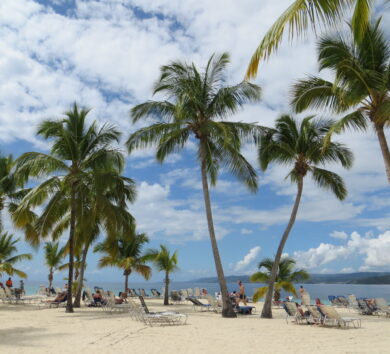
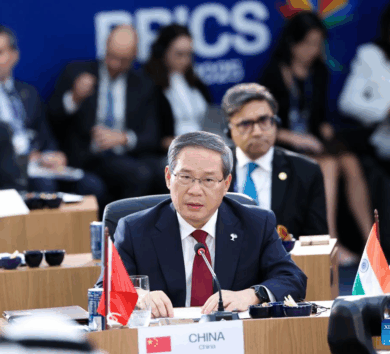
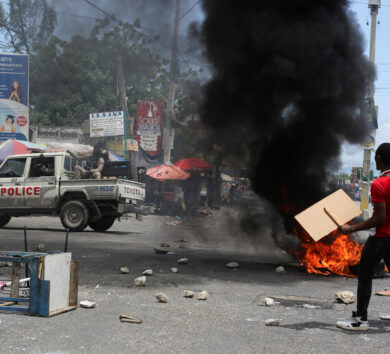
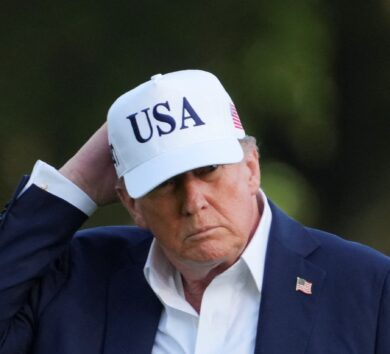
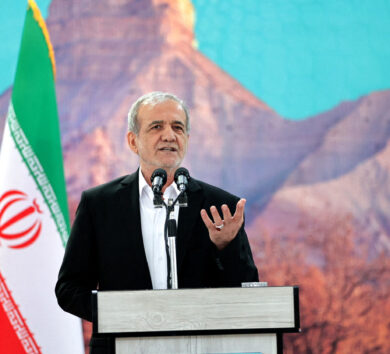
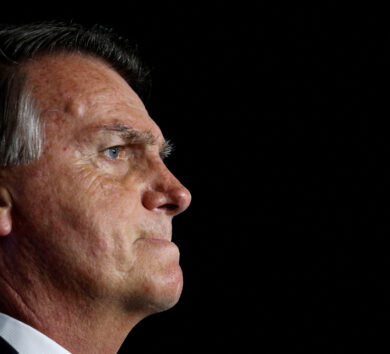
Comments